Continental Automotive Components India, the leading manufacturer of electronic products commits action plans for future India in automotive industry and commissions the safety zone with its array of products. ‘All time’ safety, comfortability and connectivity becomes viral now. For over decades, the company has been engrossed in making auto components and has a plethora of achievement indices. Quick adaption and proactive to market needs sustains the company in the market for 8 decades now and the company delivers customised products meeting the sundry requirements of the customers. Raghav Gulur, Head, Technical Centre India (TCI), Continental Automotive Components India shared his views on automotive electronics and the company’s game plan with Anusha B. Edited Excerpts:
Q: What are the current trends in automotive electronics and what are the areas of improvement?
Gulur: Globally, the automotive industry is set to experience a transformation with the emergence of the connected devices. The connected devices in-sync with “Internet of Everything” will enable a wide range of functions and services to make driving safer more efficient and more comfortable.
The automotive and the information and telecommunications industry have to work together in order to share knowledge and develop solutions for the connected car of the future and other related industries. The development of automated driving constitutes a key technology along the road to creating even safer, more efficient and more comfortable vehicles. Automated driving is the motivation behind accelerating our ‘Vision Zero’. Even today, driver assistance systems help to prevent accidents. Increasing acceptance of driver assistance systems, an ever increasing need for communication while driving, and increasingly stringent requirements regarding the energy-efficient operation of vehicles, form the foundation for the acceptance of automated driving.
Continental is partnering with Global NCAP for ‘Stop the Crash’ information campaign, an initiative of Global NCAP. Throughout the ‘Stop the Crash’ campaign, Global NCAP and its partners, including Continental, will be holding driving demonstrations to raise awareness of the benefits of safety technologies that are already being volume-produced and to encourage their adoption in subcompact and compact models too. On the tyre side the importance of adequate tyre pressure and tread depth are highlighted.
Emissions are another important focus area. The Automotive Mission Plan 2016-26 envisages the adoption of BS-V emission norms by 2019 and BS-VI for passenger cars, the implementation of ‘end of life’ policy for old vehicles and projects $80 billion in capex investments in the auto industry. Globally, Continental has been supporting OEMs in meeting stringent emission standards, such as Euro 6.
Q: What are the automotive electronics parts you manufacture?
Gulur: Continental Automotive Components India develops and manufactures a wide range of electronic products in its Bangalore plant which includes engine management and power steering ECUs, immobilizers, body control modules and instrument clusters for all vehicle segments. It also manufactures actuation drum brakes, calipers, powertrain and chassis sensors, fuel supply modules and fuel rail assemblies in its other locations in India. In addition, the company supplies airbag electronics, pumps, injectors and sensors to its customers in India.
With increasing awareness and acceptance of safety technologies in vehicles, India is emerging as a focus market for airbags, Anti-lock Brake Systems (ABS) and Electronic Stability Control (ESC). Continental will start the production of ABS and ESC units in India in 2016. A new assembly line for ABS and ESC for passenger cars and later ABS for two-wheelers will be located in the existing Continental Automotive Brake Systems plant in Gurgaon, Haryana. The local production start of the Electronic Control Unit (ECU) is planned for the year 2018 in Bangalore. The company is targeting the delivery of its first localised ABS/ESC products for India to a leading vehicle manufacturer, by end of 2016.
Q: Where do you stand in interior electronics?
Gulur: Our product portfolio for different types of vehicles includes instrument clusters, multifunctional and head-up displays, control units, access control and tyre information systems, radios, infotainment systems, input devices, control panels, climate control units, software, cockpits as well as services and solutions for telematics and Intelligent Transportation Systems. The volume of vehicle electronics on Indian passenger cars, two-wheelers and commercial vehicles is increasing consistently. As rural infrastructure and the country’s road system continue to improve, the market will further mature and grow in the coming years.
Q: Do you have software and application development team sitting in-house?
Gulur: In Continental, we have a dedicated R&D Center in India, Tech Center India, which develops automotive technology and provides product development support to Continental’s Automotive Group globally, including India. In addition, we have dedicated engineering talent across our other manufacturing locations in India, including Bommasandra in Bangalore. Tech Centre India (TCI) engineering team works on a hybrid concept of combining the strengths of the in-house development centre, and Offshore Development Centers (ODC).
Q: Does the technology centre in Bangalore focus on any particular product and is it being utilised as centre of excellence (CoE)?
Gulur: TCI contributes to the development of products tailored specifically for emerging markets. Price sensitivity is a reality in emerging markets, but Continental looks at affordable cars differently. The term “affordability” will not compromise on factors like overall quality with only the most basic of components, but ensure a cost efficient product for customers. An affordable vehicle will be essentially fitted with minimalist, market-specific functions based on state-of-the-art technology. The “downsising” approach, in which existing products are scaled down for affordable cars, Continental is increasingly designing from the “bottom up”.
TCI engineers are developing one channel ABS solutions for two-wheelers alongside highly sophisticated technologies for domains such as Advanced Driver Assistance Systems (ADAS) and is emerging fast as a ‘Center of Competence’ for two-wheeler markets and for customised products for the BRIC countries.
Q: Globally how many development centres does Continental have? Does the Indian centre work on any global projects?
Gulur: TCI is one of Continental’s 3 Systems and Technology (S&T) hubs worldwide, the other 2 such centers being in Romania and Mexico. TCI provides high quality, cost effective, engineering solutions to Chassis and Safety products from business units vehicle dynamics, passive safety and sensorics and ADAS, interior products from business units commercial vehicles and aftermarket, body security and powertrain products from business unit, engine systems. In 2009, Continental India started its own development center with software development. Over the past 5 years TCI has advanced in the value chain, supporting end to end product development from requirement engineering to vehicle build up and testing in specific areas encompassing software, electronics and mechanics. Today, the contribution of TCI in supporting the Asian customers is increasing with the additional competencies acquired. TCI also develops innovative products with support from the corporate R&D segment.
Q: Are you concentrating on all vehicle segments?
Gulur: Yes we do.
Q: So where do you see commercial vehicles stand in terms of electronics in India? Do you think you can grow in this business in the next few years?
Gulur: We are bullish on the growth of the segment. The commercial vehicle industry in India is going through an evolution, with technological advancement being one of the key drivers of growth. With more than 80 years of experience in the commercial vehicle segment, Continental develops and produces technologies that make commercial and special vehicles safer, cleaner, and more fuel-efficient. This knowhow is of great value for us to serve a market such as India where economic aspects and cost efficiency are growing in importance. Safety awareness in the Indian CV segment is low, especially when compared with mature markets like Europe. The Government has taken an important step by making ABS mandatory for commercial vehicles. However, the tachograph, a product where Continental has vast experience is not yet mandatory in India though it would be a great way to fight the hazards coming from overtired truck drivers.
Continental uses its experience in the field of passenger car engine technology to maximise synergies and transfer this expertise to commercial vehicle technology like Piezo fuel injectors, engine control units, innovative exhaust after treatment technologies, and transmission control units. Continental also offers diesel pumps and diesel rails for the Indian CV segment.
More efficient fleet management can be enabled through better networking and can play an important role in the context of Smart Cities – relevant products include digital tachographs, customised telematics modules, exterior light control unit, tyre Information system, intelligent antenna modules and AutoLinQ platform. Continental has recently introduced 5 inch TFTs for commercial vehicles in India and expects rapid adoption by OEs and fleet owners in the coming years. Another trend in commercial vehicle instrumentation is the inclusion of a secondary screen for displaying optional content like images from the ProViu camera.
Q: How is your ABS and airbag electronics business?
Gulur: To improve the active safety of motorcycles, Continental is expanding its range of electronic braking systems by introducing MiniMAB (one-channel ABS) for smaller motorcycle and scooters. Based on its proven ABS technology for passenger cars, it was developed especially for cost-sensitive markets such as Asia. In the beginning of 2015 we expanded our R&D footprint in India and inaugurated a new Technical Center India (TCI) in Bangalore to meet the increasing demand for engineering and software development skills to support global R&D projects as well as local customers. Adding value with its understanding of the local market and customers, TCI is fast emerging as a ‘Center of Competence’ for two-wheeler markets and for customised products for the BRIC countries. The response has been very positive from the Indian market with end customers demonstrating interest and awareness in safety systems such as ABS.
Q: What is your localisation level? Are you manufacturing and sourcing all the electronic products in India or manufacture only in global plants?
Gulur: Continental is localising the entire value chain starting from marketing to R&D to design according to local customers’ requirements. In India, we are sourcing components for optimised cost, which refers to local suppliers and mainly applies for raw materials and components. We are also localising manufacturing for quick response to the market. A majority of our suppliers are Indian suppliers, but we do have some global suppliers too. These decisions are based on our customers’ requirements. ACI




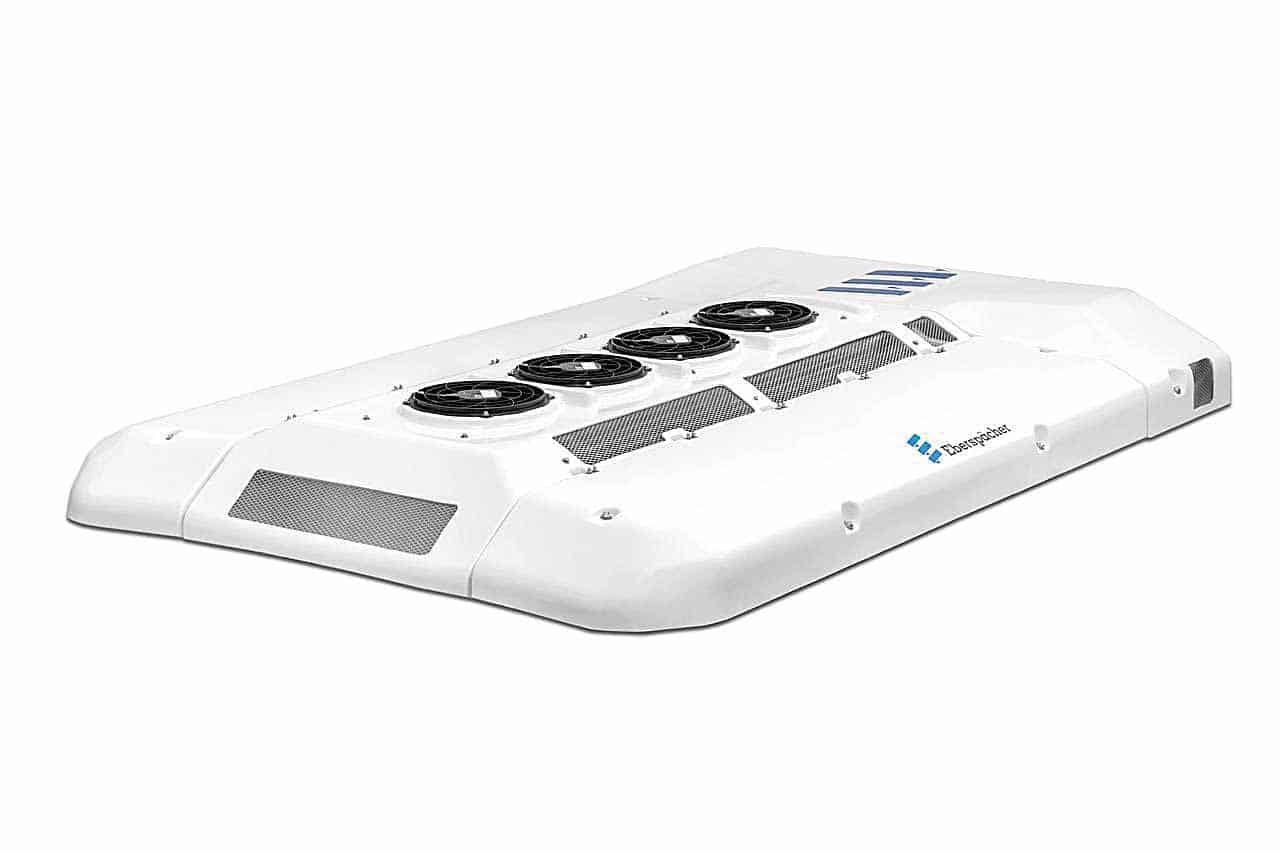
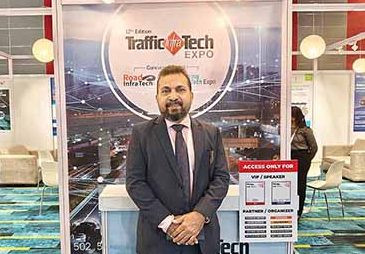

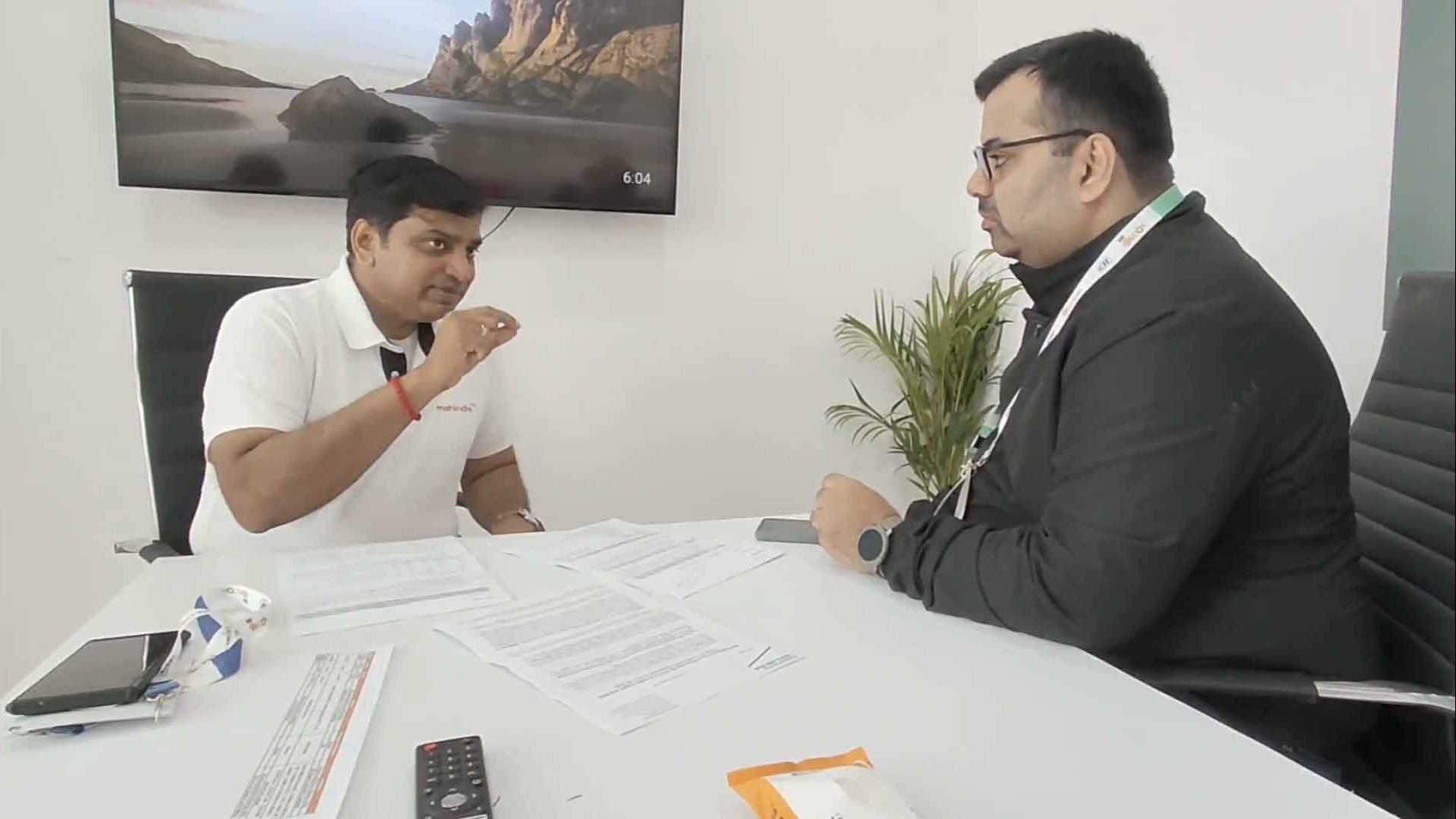
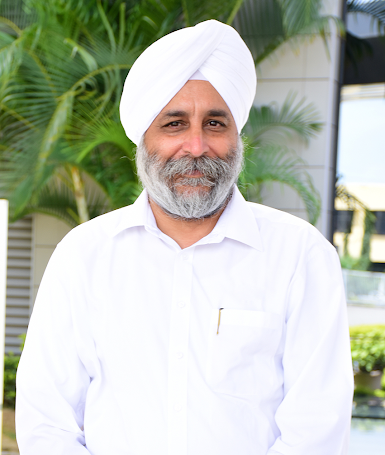
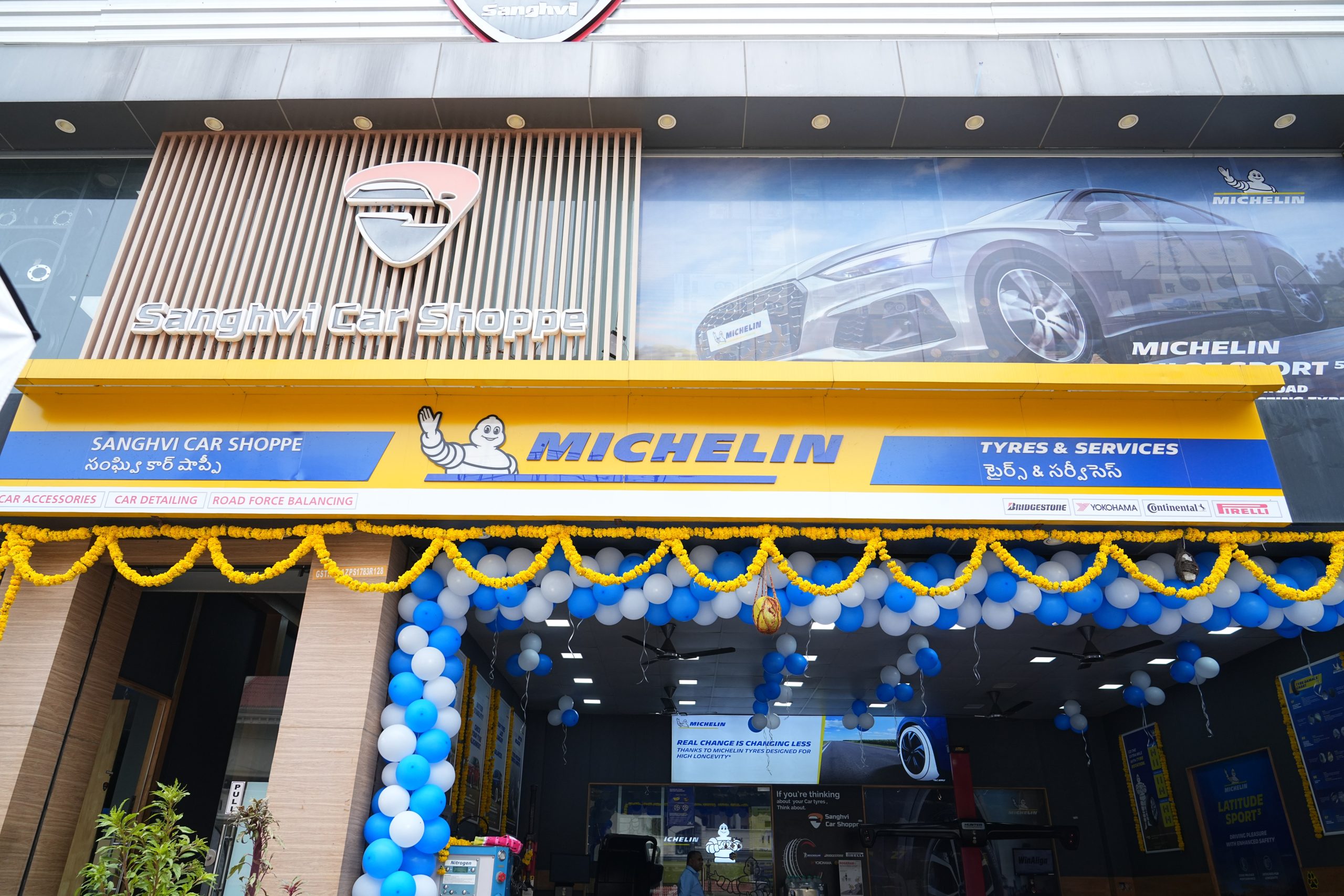
Leave a Reply